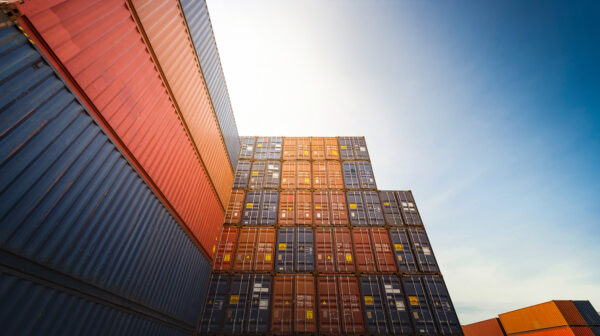On April 14, 2021, the United States announced a complete withdrawal of American troops from Afghanistan by August 31, 2021, ending a twenty-year presence in the country. Prior to their departure, the Afghan government had collapsed and the Taliban had taken over Kabul.
On August 15, 2021, the Government of Canada announced its decision to suspend diplomatic operations in Afghanistan. As a result, the Canadian embassy in Kabul was closed. The decision came as the political climate was rapidly declining and posed serious challenges to the ability of the Government of Canada to ensure the safety and security of Canadians.
The Government of Canada has listed the Taliban as a terrorist entity under the Criminal Code. Canada has also implemented the Regulations Implementing The United Nations Resolutions on the Taliban, ISIL (Da’esh) and Al-Qaida, and the Regulations Implementing The United Nations Resolutions on the Suppression of Terrorism. It is unclear how these regulations will affect the future relations between Afghanistan and Canada, given the rise of the Taliban to power. Little on this issue has been publicly disclosed.
It will be interesting to see whether Canada imposes strict export controls with respect to certain goods, as it has with other countries such as the Democratic People’s Republic of Korea (“DPRK”). The Government of Canada has imposed sanctions on the DPRK through the United Nations Act and the Special Economic Measures Act. Specifically, the Special Economic Measures Act contains a ban on all exports, imports and new investments in the DPRK.
Note: On September 20, 2021, the Taliban requested to represent Afghanistan and address the United Nations General Assembly at the 76th Session of the United Nations General Assembly.


